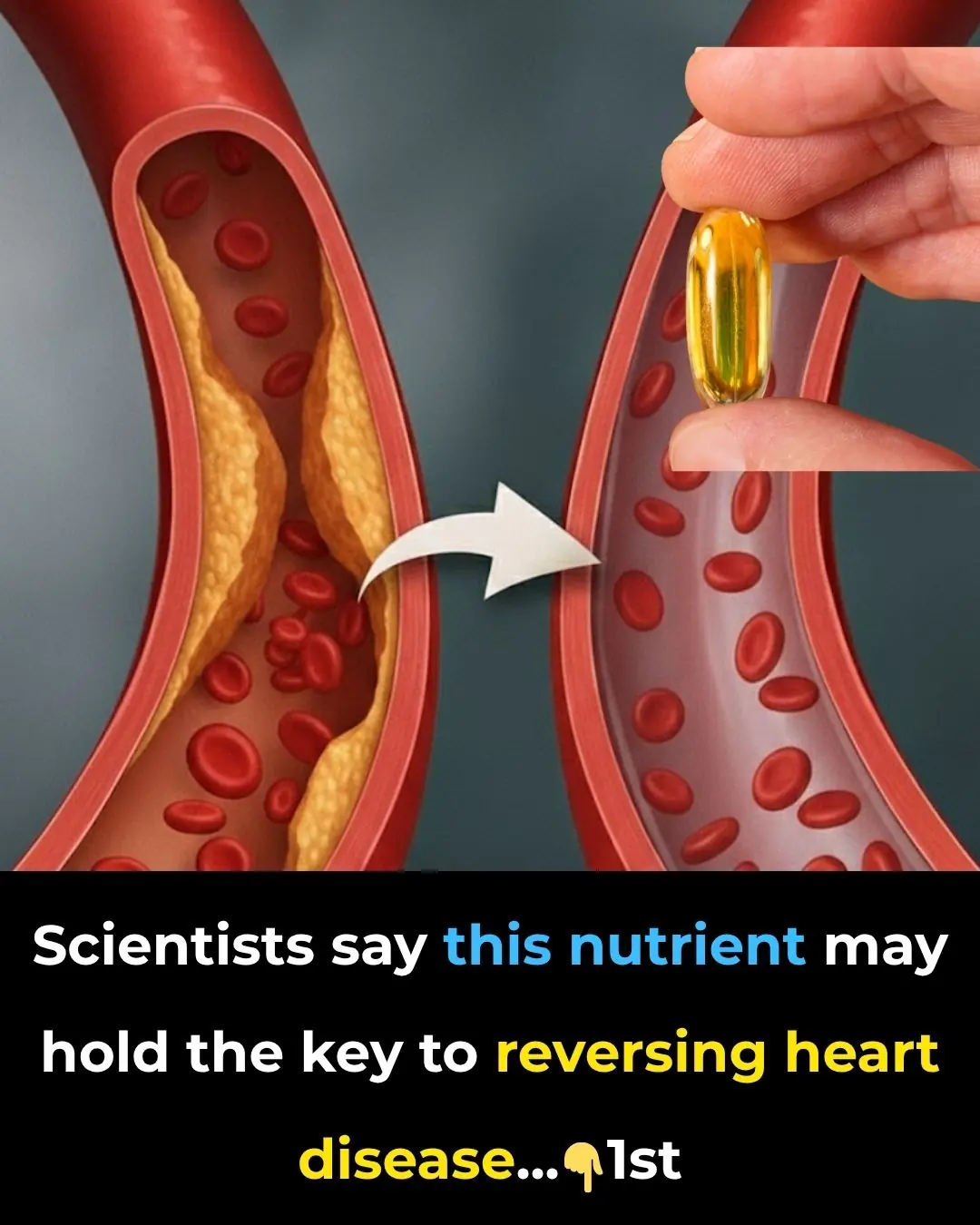
What Is The Normal Blood Pressure For Each Age
What Is the Normal Blood Pressure for Each Age?
Blood pressure isn’t just a routine measurement taken during your check-ups — it’s one of the most important indicators of your overall cardiovascular health. As we move through different stages of life, what’s considered “normal” or “healthy” can shift, and understanding those changes can help you prevent serious conditions like heart disease, stroke, and kidney problems.
This guide explains how blood pressure works, what ranges are considered normal at different ages, and how aging affects your numbers over time.
Why Blood Pressure Matters
Blood pressure measures the force of blood pushing against the walls of your arteries. Your heart pumps blood continuously throughout your body, and the strength of this pumping action is reflected in two numbers:
-
Systolic (top number): pressure when your heart beats
-
Diastolic (bottom number): pressure when your heart is resting between beats
Both numbers offer important insight into how well your heart and blood vessels are functioning.
Although many people consider 120/80 mm Hg the ideal reading, the truth is that blood pressure varies naturally based on age, genetics, lifestyle, and underlying medical conditions.
General Blood Pressure Categories
Here’s a quick overview of the commonly used ranges for adults:
| Blood Pressure | Systolic (mm Hg) | Diastolic (mm Hg) |
|---|---|---|
| Low | Less than 90 | Less than 60 |
| Optimal | Less than 120 | Less than 80 |
| Normal | 120–129 | 80–84 |
| Normal to High | 130–139 | 85–89 |
| High | 140+ | 90+ |
A reading close to 120/80 mm Hg is considered normal for most healthy adults.
Normal Blood Pressure by Age
While adults share similar healthy ranges, children and teenagers have different average values because their bodies are still developing.
Average Blood Pressure for Children & Teens
| Age | Systolic (mm Hg) | Diastolic (mm Hg) |
|---|---|---|
| Newborns (0–1 month) | 60–90 | 20–60 |
| Infants | 87–105 | 53–66 |
| Toddlers | 95–105 | 53–66 |
| Preschoolers | 95–110 | 56–70 |
| School-aged children | 97–112 | 57–71 |
| Adolescents | 112–128 | 66–80 |
These ranges gradually rise with age as the cardiovascular system matures.
Average Blood Pressure by Age & Gender (Adults)
| Age Group | Women | Men |
|---|---|---|
| 18–39 years | 110/68 mm Hg | 119/70 mm Hg |
| 40–59 years | 122/74 mm Hg | 124/77 mm Hg |
| 60+ years | 139/68 mm Hg | 133/69 mm Hg |
As shown above, blood pressure tends to increase slowly with age, especially the systolic number.
How Aging Affects Blood Pressure
As we get older, the risk of high blood pressure (hypertension) rises significantly. This is due to natural biological changes, including:
1. Stiffer Arteries
Over time, arteries lose elasticity. With less flexibility, blood flows less smoothly, causing pressure to rise.
2. Plaque Buildup
Cholesterol and fatty deposits slowly collect inside blood vessel walls, narrowing them and increasing pressure.
3. Hormonal Changes
Hormones that help regulate blood pressure shift with age, affecting how the body manages stress, heart rate, and fluid balance.
4. Kidney Function Decline
Kidneys play a major role in managing blood pressure by regulating salt and water. Reduced kidney function can raise blood pressure.
These changes make high blood pressure a major risk factor for:
-
Heart attacks
-
Strokes
-
Heart failure
-
Kidney disease
-
Vascular dementia
The good news? Lifestyle choices can delay or even prevent high blood pressure for many people.
How to Maintain Healthy Blood Pressure at Any Age
Whether you're in your 20s or 70s, adopting heart-healthy habits can make a major difference.
✅ Maintain a Healthy Weight
Excess weight forces your heart to work harder. Even modest weight loss can significantly lower blood pressure.
🥗 Eat a Heart-Healthy Diet
Focus on:
-
Fruits & vegetables
-
Lean protein
-
Whole grains
-
Low-fat dairy
Avoid:
-
High-sodium foods
-
Saturated & trans fats
-
Added sugars
The DASH diet is one of the most effective dietary plans for lowering blood pressure naturally.
🚶 Stay Physically Active
Aim for 150 minutes of moderate exercise per week (like brisk walking). Regular movement keeps blood vessels flexible and improves circulation.
🚭 Quit Smoking
Smoking damages blood vessels almost immediately. Quitting lowers blood pressure and drastically reduces heart disease risk.
🍷 Limit Alcohol
Keep alcohol moderate:
-
Women: up to 1 drink per day
-
Men: up to 2 drinks per day
Heavy drinking raises blood pressure over time.
🧂 Reduce Salt Intake
Salt affects fluid retention and can push your blood pressure higher. Aim for less than 1,500–2,300 mg of sodium per day.
😴 Manage Stress
Chronic stress triggers hormones that raise blood pressure. Deep breathing, meditation, and quality sleep help reduce those spikes.
Final Thoughts
High blood pressure is common, especially as we age — but it’s not inevitable. Knowing the normal blood pressure ranges for your age and paying attention to lifestyle habits can significantly reduce your risk of serious illness.
If it’s been a while since your last reading, consider this your reminder:
Check your blood pressure today. Early awareness can save your life.
If you’d like, I can also create:
🔹 An infographic-style summary
🔹 A shorter social media version
🔹 A more detailed medical-style version
News in the same category

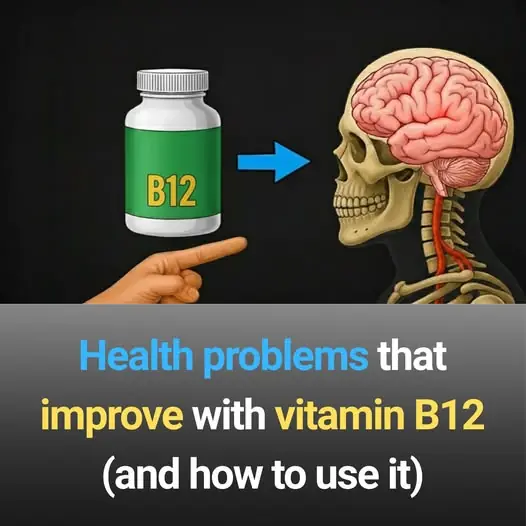
Health problems that improve with vitamin B12 (and how to use it)
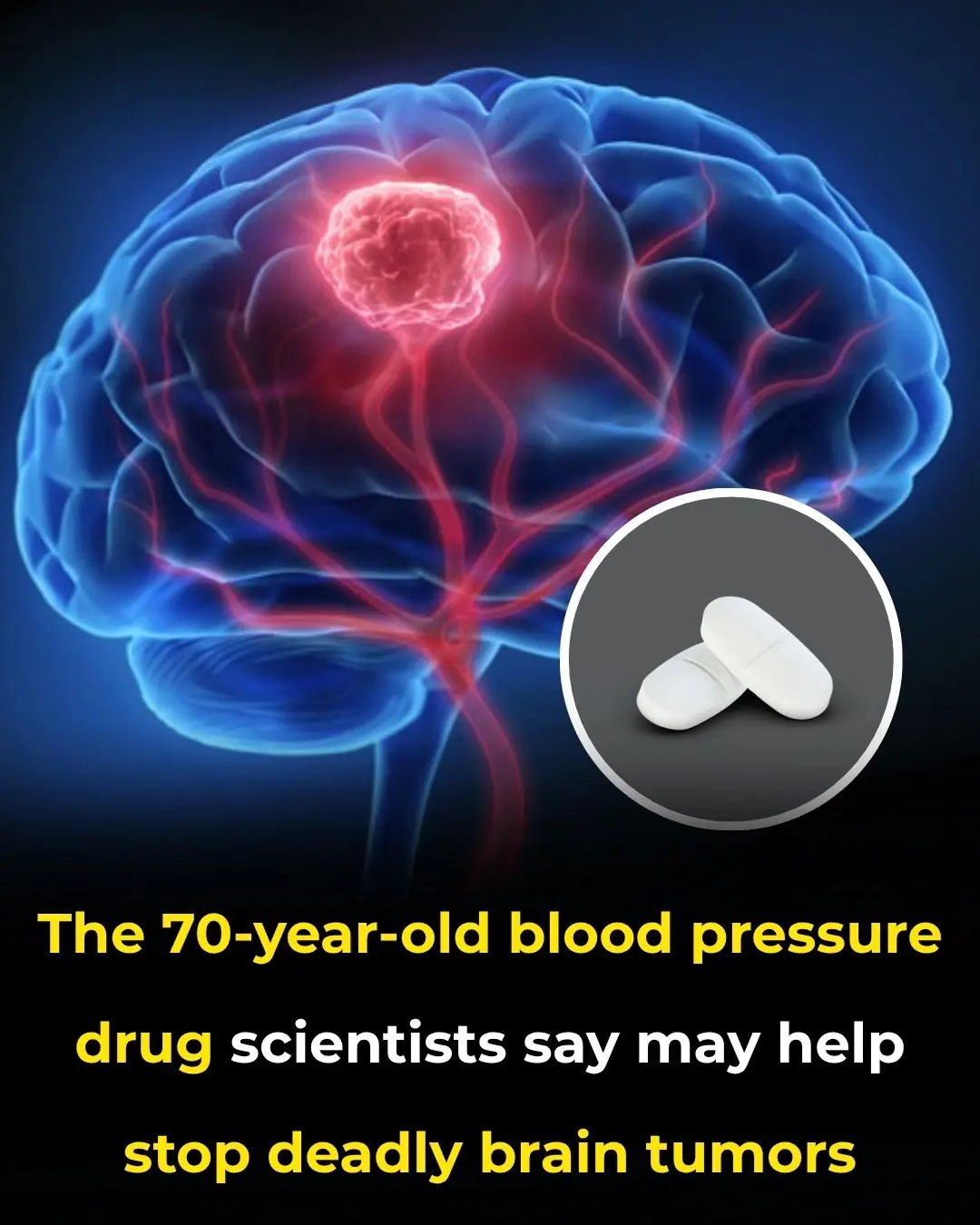
The 70-year-old blood pressure drug scientists say may help stop deadly brain tumors
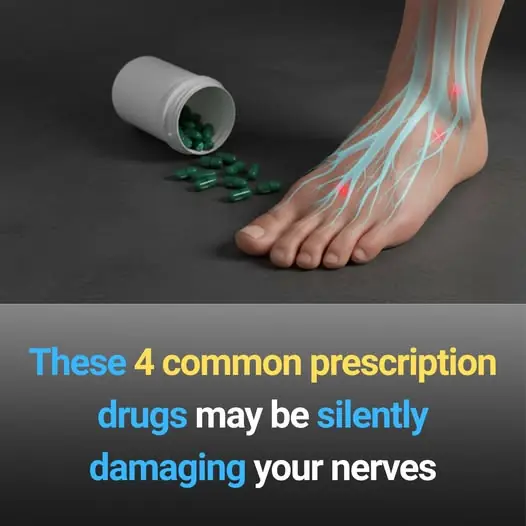
These 4 common prescription drugs may be silently damaging your nerves
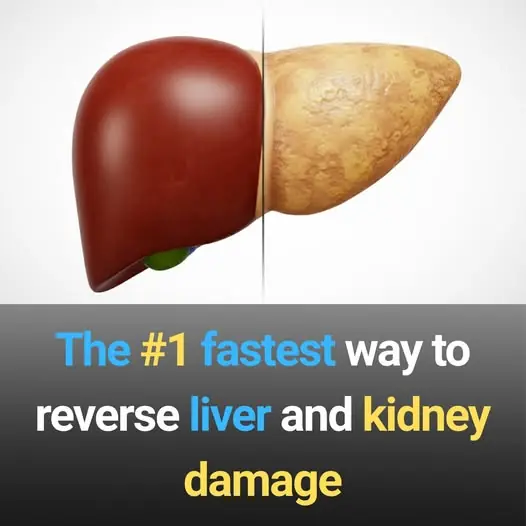
The #1 fastest way to reverse liver and kidney damage
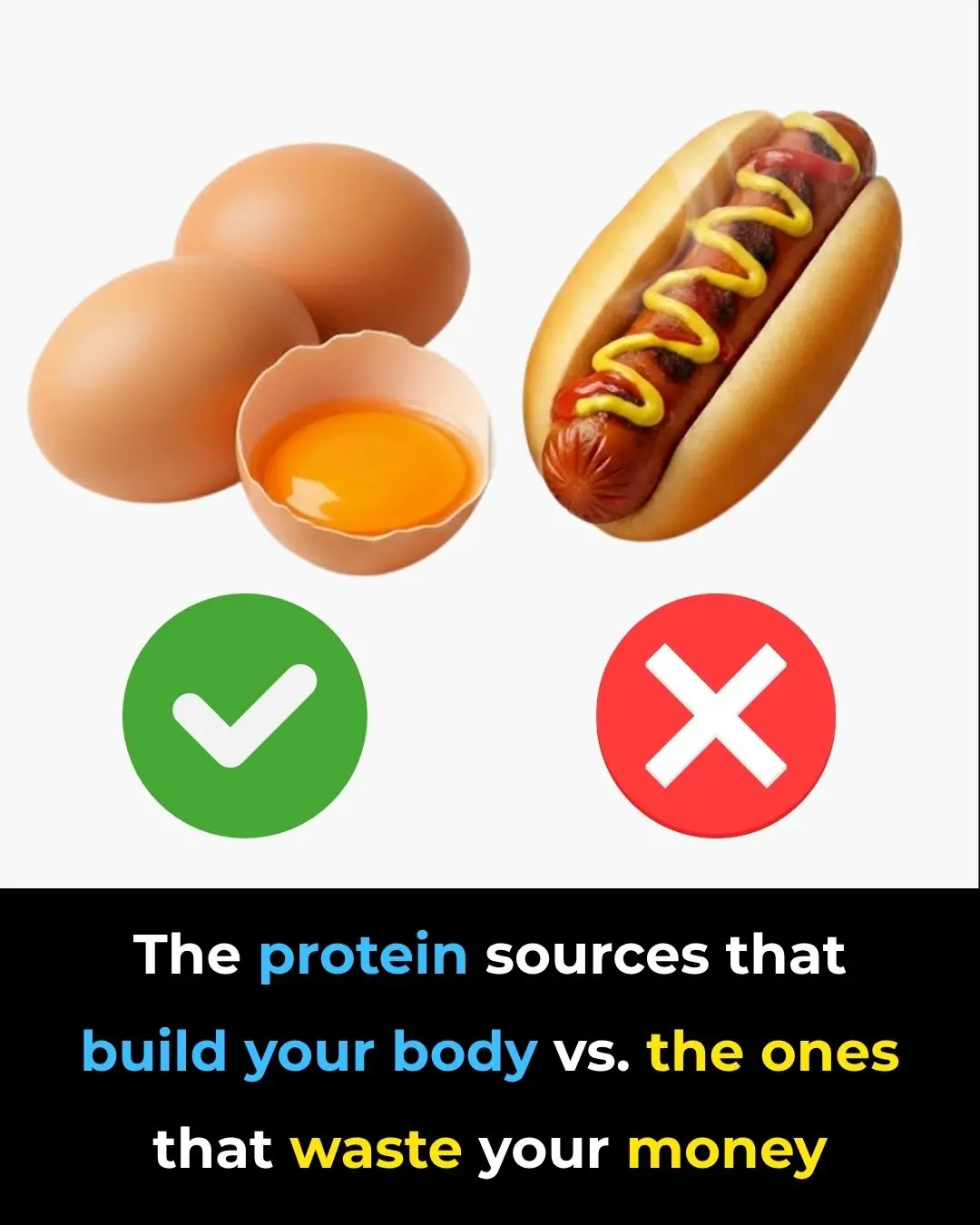
The protein sources that build your body vs. the ones that waste your money
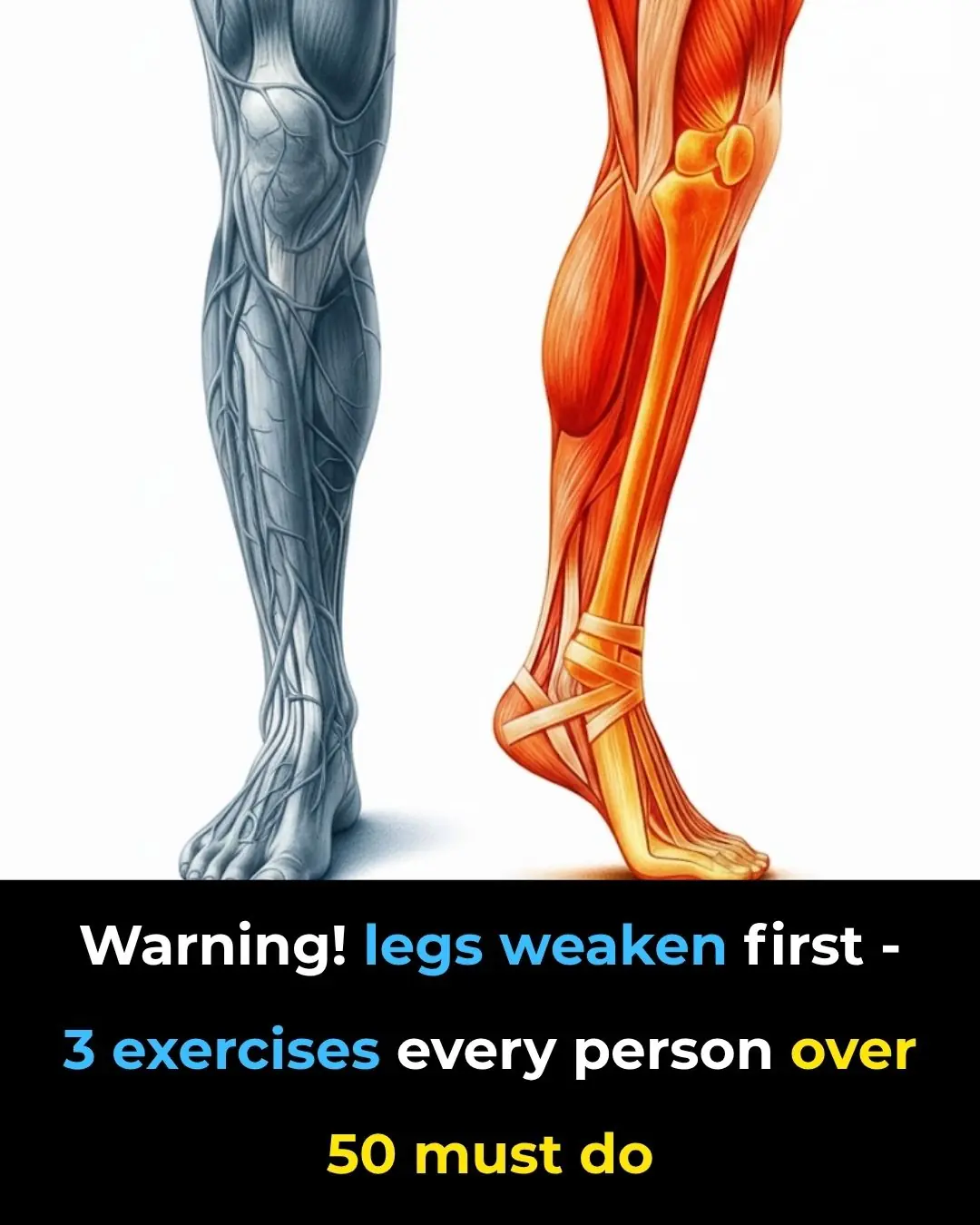
Warning! legs weaken first — 3 exercises every person over 50 must do
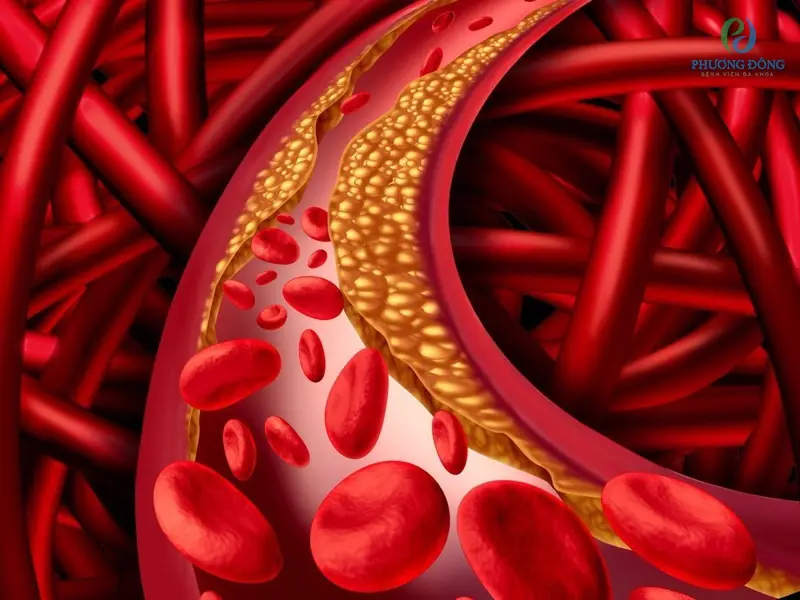
Powerful Foods That Help Prevent Clogged Arteries And Keep Your Heart Feeling 20 Again
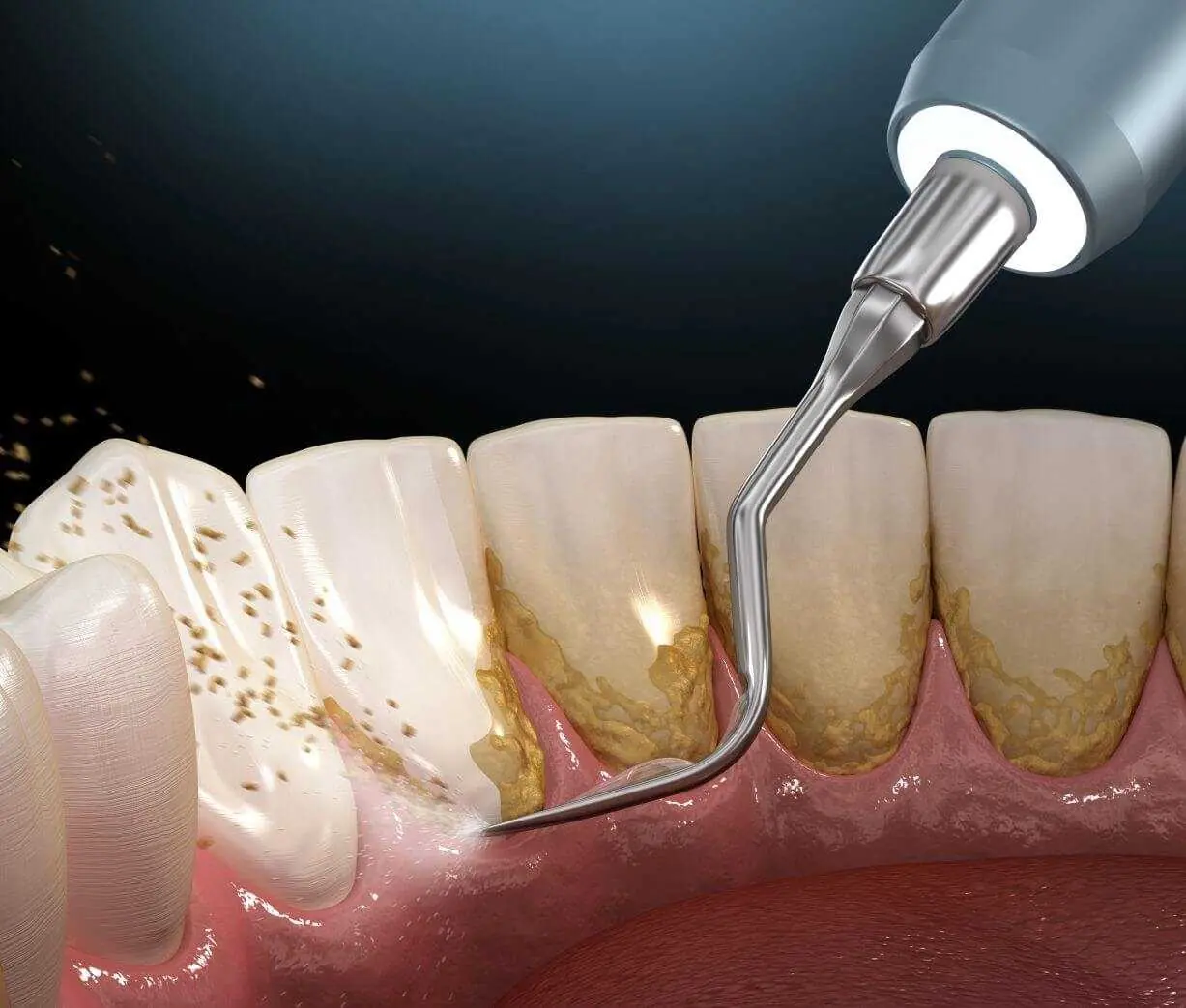
Natural Plaque-Removal Tricks That Actually Work

I used castor oil for neuropathy – here’s what happened in 30 days!

How Two Quiet Hours a Day Can Rebuild Your Brain
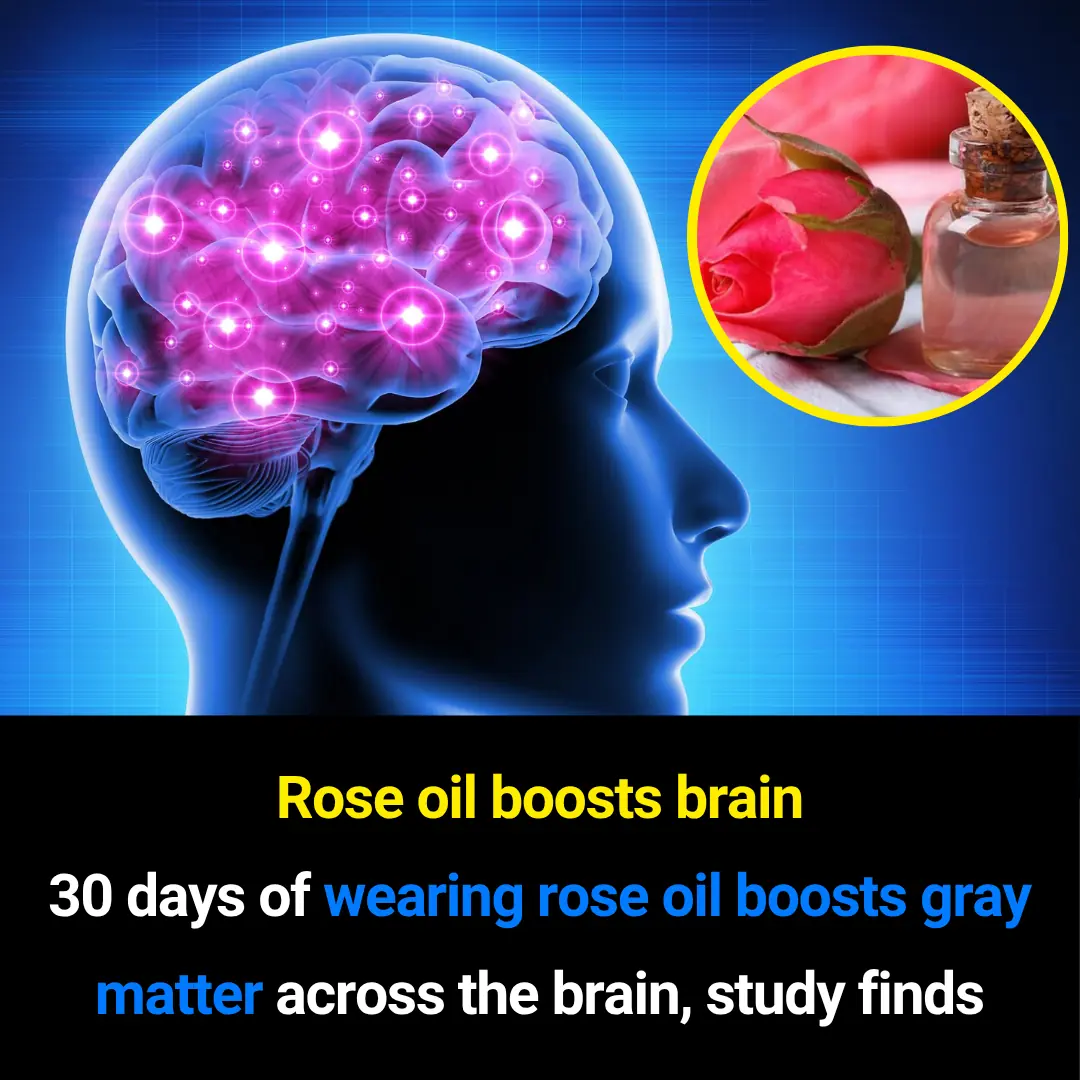
Rose Essential Oil: New Research Shows 30 Days of Aromatherapy May Boost Gray Matter Volume

Italy’s Porous Streets: A Quiet Innovation That Lets Cities Breathe Again

🦵 Swollen Legs and Feet: Causes, Symptoms & Natural Relief Methods

🌿 If You Have These Two “Dimples” on Your Lower Back, Here’s What They Mean
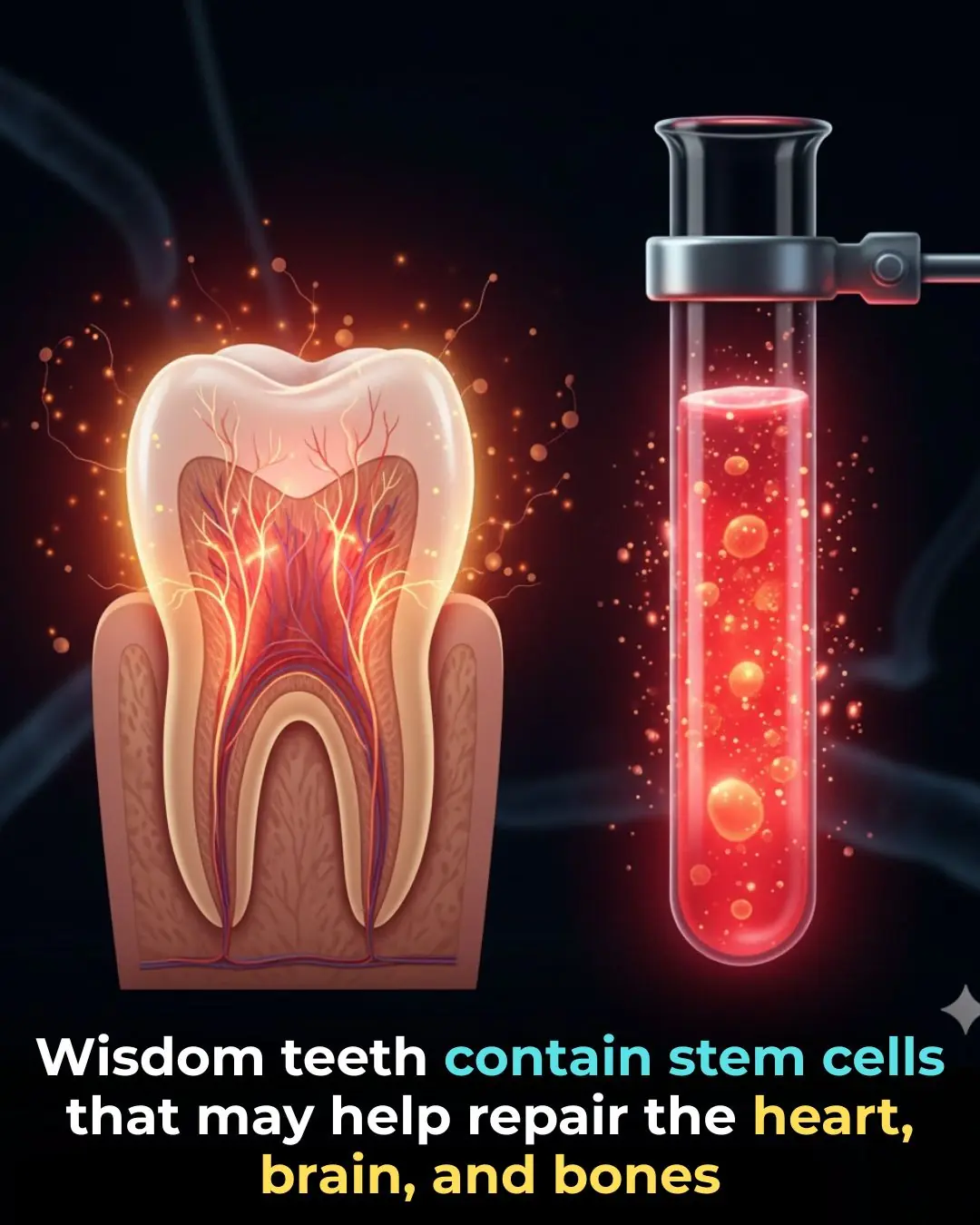
How Wisdom Teeth Could Power the Next Generation of Regenerative Medicine

This one vitamin could help stop you from waking up to pee every night

Scientists uncover how chronic stress may starve the brain of blood flow

Japan's Oldest Doctor: Can’t Sleep Through the Night? Use Garlic This Way for Deep Rest in 3 Nights
News Post

Sweden Turns School Lunchrooms Into Forest-Inspired Sanctuaries to Boost Student Well-Being

Heated Sidewalks and Cold Mornings: Iceland’s Quiet Revolution in Winter Comfort
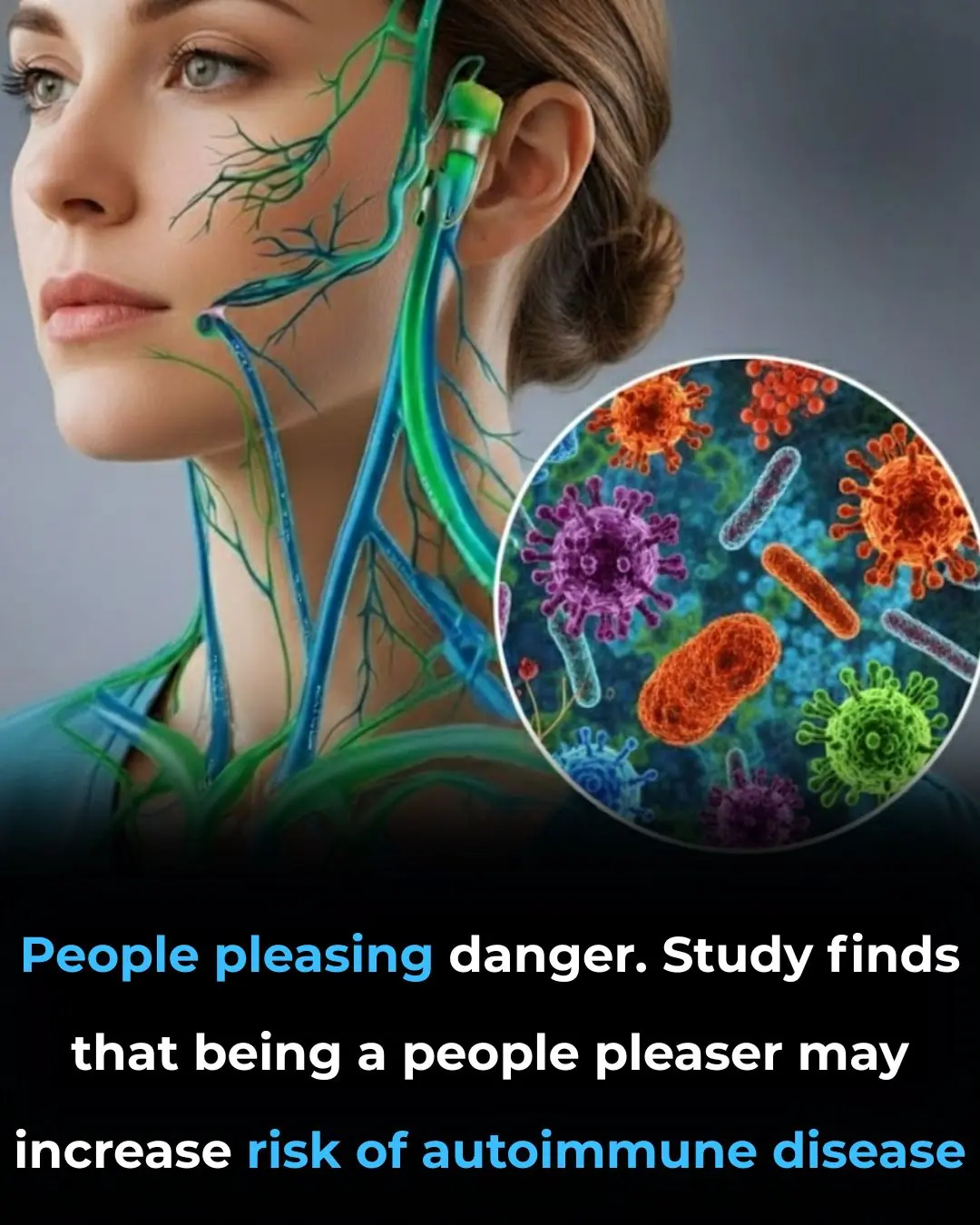
When Pleasing Others Hurts Your Health: New Study Links People-Pleasing to Autoimmune Risk

Knives become dull and rusty after long use. Remember these 5 easy ways to clean them. No matter how rusty your knife is, it will still be shiny and sharp

Why We Sleep With ‘T-Rex Arms’: A Self-Soothing Posture Linked to Stress and Neurodivergence

Choose the Longest Line

Scientists say this nutrient may hold the key to reversing heart disease

Health problems that improve with vitamin B12 (and how to use it)

The 70-year-old blood pressure drug scientists say may help stop deadly brain tumors

France Turns Forgotten Railway Tunnels into Poetic Winter Shelters for the Unhoused

Rose Essential Oil May Boost Brain Structure: New Study Reveals Increased Gray Matter Volume

These 4 common prescription drugs may be silently damaging your nerves

After 30 Years of Drinking Beer, Many People Still Don’t Know This Secret on the Bottle Cap — Just a Simple Twist to Open It Easily

The #1 fastest way to reverse liver and kidney damage

Banana Peels Mixed With Laundry Detergent: The Surprisingly Powerful Household Remedy

The protein sources that build your body vs. the ones that waste your money
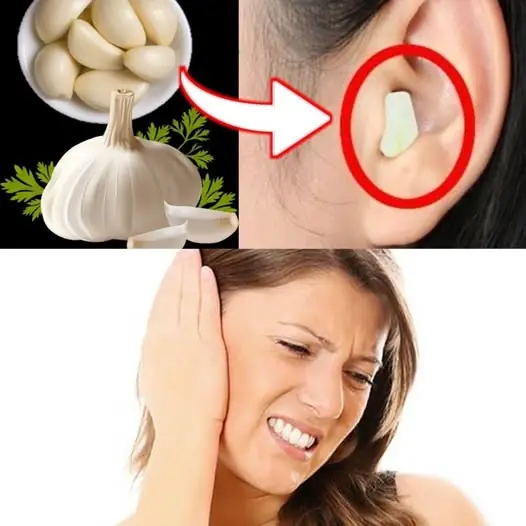
Garlic for Ear Health: Natural Relief and Protection

Why So Many New York Buildings Don’t Have a 13th Floor
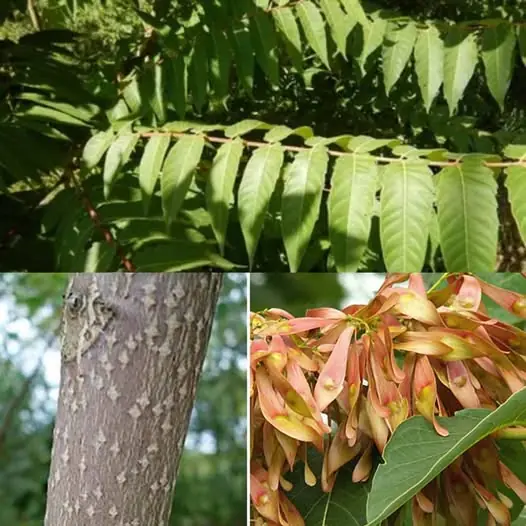
Tree-of-Heaven (Ailanthus altissima): Power, Potential, Uses, and Real-World Cautions
